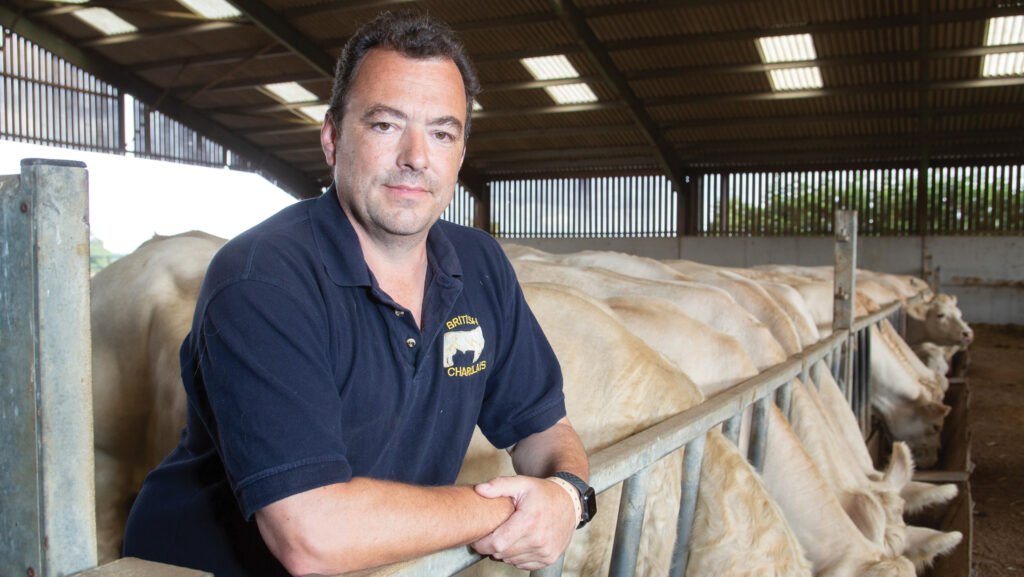Farmer Focus: Lord’s must have more grass than us
 © Tim Scrivener
© Tim Scrivener The Ley Hill festival is a highlight of the year in these parts. With plenty of live music and dozens of beers and ciders on offer, it has become a fixture in the local social calendar, even making The Times newspaper’s list of the 10 best things to do over the bank holiday weekend. Not bad for our little village.
See also: 5 tips for managing livestock and grazing in drier weather
It is also the last hurrah of summer as it ushers in the change of seasons and autumn gently creeps in. Among the myriad school friends and assorted other locals I met at the festival, I bumped into my neighbour. Pints in hand, we shared tales of woe over the way 2025 has panned out so far.
Our families have been farming in the same lane for about 130 years, yet our collective memories can’t recall a year as tough as this. With only about 75mm of rain since early March, there would have to be more grass on the freshly prepared Lord’s wicket than in our pastures.
On the heavier land, the wheat managed to yield 8.6t/ha, but on the lighter ground it struggled to reach 6.2t/ha. The grains were shrivelled and the straw yielded between one-third and half of what we made last year. “Never mind,” we said to each other. “Next year will be better.” Move on 24 hours and I’m in my office looking at wheat futures and thinking that may have been the beer talking.
We’re used to buffer-feeding the cattle at this time of year. The trouble is, we’ve been feeding for a couple of months now, eating into the winter stores of hay. I’m very fortunate to have enough, having taken on another farm last year. The extra forage will be invaluable.
Most in these parts are not so fortunate, though. As for the rotational grazing, that’s gone right out of the window. Fields that have been rested for 10 weeks are showing no sign of regrowth – except for the odd dock or thistle.
Adding to my worries – but in the best of circumstances – I’m going to lose the services of my trusty farmhand, Daisy. She turned up for a week’s work experience as a 17-year-old and never left. Helping out for a few hours in the morning here, and then milking for a guy down the road in the afternoons, she has been invaluable and will leave a big hole in the business.

